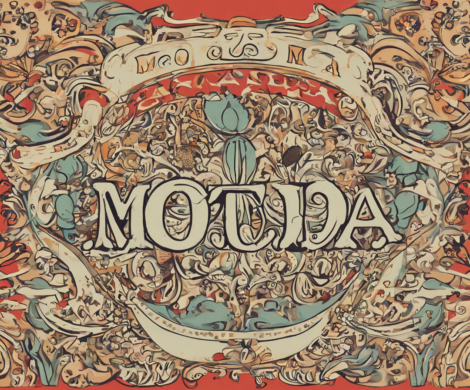Exploring the Faith Lianne leaked scandal
In recent times, the Faith Lianne leaked scandal has garnered significant attention across social media platforms, sparking debates and discussions about privacy, consent, and the digital age we live in. This scandal has opened up a host of ethical, legal, and moral questions regarding the boundaries of online behavior, the implications of leaked personal content, and the responsible use of technology. Let’s delve deeper into the Faith Lianne leaked scandal, unpacking its implications and potential long-term effects.
Background of the Faith Lianne Leaked Scandal
The Faith Lianne leaked scandal involves the unauthorized release of private and intimate images and videos of Faith Lianne, a well-known public figure. These leaked materials spread rapidly across the internet, causing distress and turmoil for the individual in question and raising concerns about online privacy and security.
Privacy in the Digital Age: The Risks and Challenges
In an era where technology permeates every aspect of our lives, online privacy has become a pressing issue. The Faith Lianne leaked scandal underscores the vulnerability of personal information in the digital realm and highlights the risks individuals face when sharing intimate content online. With the click of a button, private images and videos can be disseminated on a global scale, often beyond the control of the owner.
Consent and Responsibility: Ethical Considerations
Central to the Faith Lianne leaked scandal is the issue of consent. The unauthorized dissemination of private content violates the fundamental principle of consent and raises questions about digital ethics. Individuals have the right to control how their personal information is shared and distributed, and any breach of this trust represents a violation of privacy and autonomy.
Legal Ramifications: Understanding Cyber Laws
The Faith Lianne leaked scandal also brings to the forefront the legal complexities surrounding cyber laws and online misconduct. In many jurisdictions, the unauthorized sharing of intimate content without consent constitutes a serious offense, with legal implications for perpetrators. Understanding the legal framework surrounding online privacy and data protection is crucial in addressing incidents like the Faith Lianne scandal.
Impact on Mental Health and Well-being
The aftermath of a leaked scandal can have profound effects on the mental health and well-being of the individual involved. The invasion of privacy, public scrutiny, and cyberbullying that often accompany such incidents can lead to anxiety, depression, and trauma. It is essential to provide support and resources for individuals affected by online harassment and privacy breaches.
Preventative Measures: Safeguarding Online Security
In light of the Faith Lianne leaked scandal, it is imperative to take proactive steps to safeguard online security and protect personal privacy. This includes enhancing cybersecurity measures, raising awareness about online risks, and empowering individuals to make informed decisions about sharing personal content online. By prioritizing digital literacy and security, we can mitigate the risks associated with online privacy breaches.
Responding to Online Misconduct: Advocating for Change
Addressing online misconduct and privacy breaches requires a multi-faceted approach involving legislation, technology, and social awareness. By holding perpetrators accountable, advocating for stronger privacy laws, and promoting a culture of respect and consent online, we can work towards creating a safer and more ethical digital environment for all individuals.
Frequently Asked Questions (FAQs)
1. What should I do if my private content has been leaked online?
If you find yourself in a situation where your private content has been leaked online, it is essential to seek support from trusted individuals, report the incident to the relevant online platforms for removal, and consider reaching out to legal authorities for further assistance.
2. How can I protect my online privacy and security?
To protect your online privacy and security, it is advisable to use strong passwords, enable two-factor authentication on your accounts, avoid sharing sensitive information on public platforms, and regularly update your privacy settings.
3. Are there specific laws that protect individuals from online privacy breaches?
Many countries have enacted legislation to protect individuals from online privacy breaches, such as data protection laws, cyber harassment statutes, and revenge porn laws. Familiarize yourself with the legal framework in your jurisdiction to understand your rights and recourse options.
4. What role do social media platforms play in preventing online privacy breaches?
Social media platforms have a crucial responsibility in preventing online privacy breaches by enforcing strict community guidelines, implementing robust reporting mechanisms for inappropriate content, and educating users about online safety practices.
5. How can we promote a culture of consent and respect online?
Promoting a culture of consent and respect online requires educating individuals about digital ethics, raising awareness about the importance of consent in online interactions, and holding individuals accountable for inappropriate behavior. By fostering a culture of respect, we can create a safer and more inclusive online community.
In conclusion, the Faith Lianne leaked scandal serves as a stark reminder of the challenges and risks associated with online privacy in the digital age. By addressing issues of consent, privacy, and responsibility head-on, we can work towards creating a more secure and ethical online environment for all individuals. Stay informed, stay vigilant, and advocate for a safe and respectful digital space for everyone.






